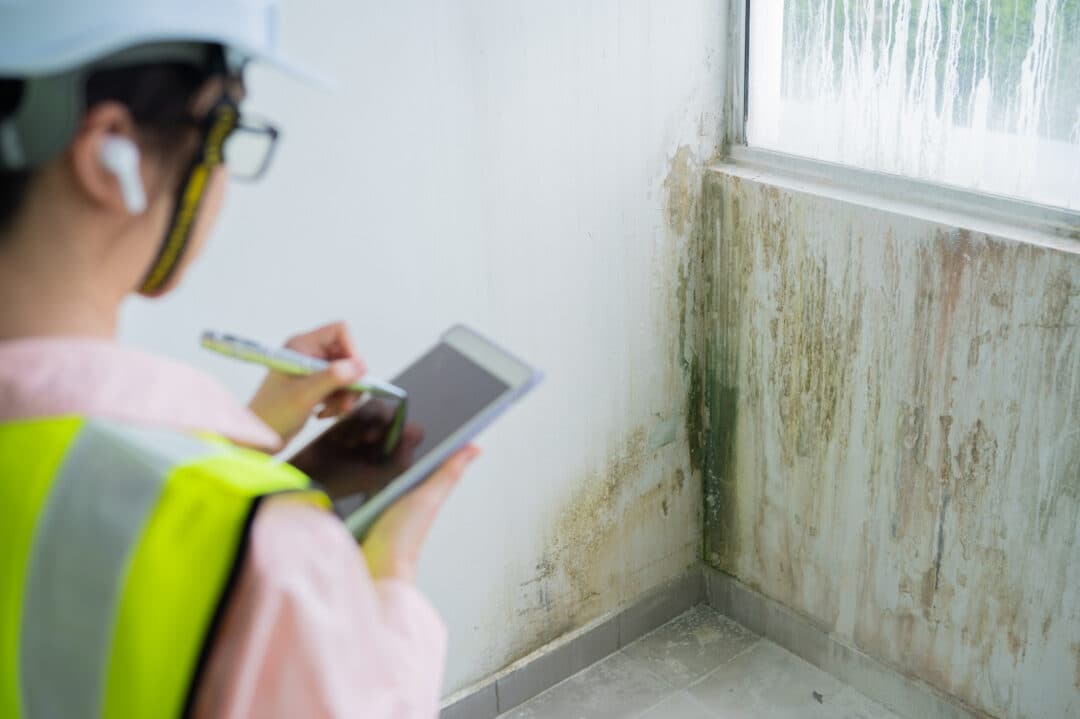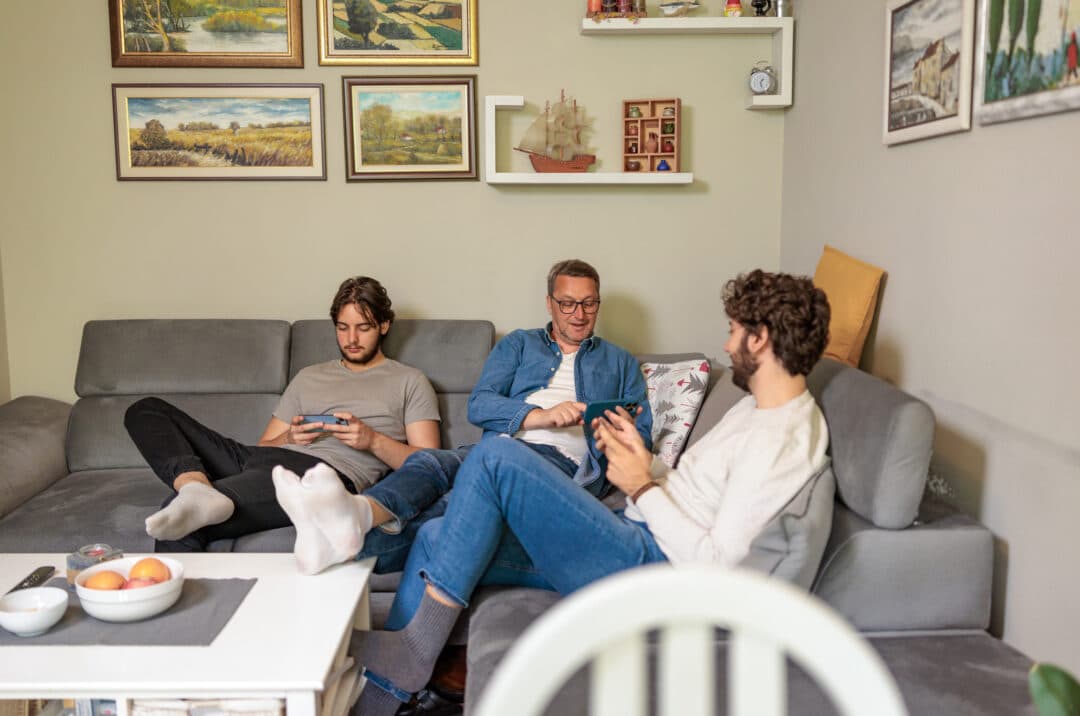Who’s got the Monkey? – Calum Watson

Guest blog post, written by Calum Watson, Managing Director of D&GBM – block management and accounting services in Central London.
Monkeys. Everywhere. As far as the eye can see. That’s how I felt at the beginning of the first lockdown last March. But let me backtrack a moment.
In 1974 a Harvard Business Review article was published entitled ‘Management Time: Who’s got the Monkey?’. The essence of the argument in the HBR article is that work problems (or ‘monkeys’) could easily be transferred up the management chain.
To put this into a personal context; a Property Manager approaches me with an issue (or ‘monkey’); I know the background to the issue but need to check a couple of points before taking a decision for the PM to implement. I therefore agree to look into the problem and get back to them. Ownership of the ‘monkey’ passes from the PM to me. Multiply this by a number of PMs and a number of queries and suddenly my shoulders are laden with simians chasing a response.
My office door is always open, and historically I had a stream of monkey deliveries on a daily basis. Most monkeys were dealt with and redelivered, but due to time constraints or the complexity of the issue a number were not, which I know caused frustration to the original monkey owner concerned.
Up until lockdown round I, as a company we resisted the concepts of working from home, flexible working and anything outside a comfort zone within which I could keep a beady eye on who was where when. We ran a tight office and this set-up worked, both operationally and profitably. The thought of everyone fleeing to their respective homes and watching Netflix for three months gave me the heebie-jeebies.
However, everyone went home as mandated and…. nothing happened. Obviously, this is entirely untrue; a lot happened – everyone got on with it, produced the same (or in many cases increased) efficiency of output, and the teams pulled together fantastically. But the wheels didn’t fall off and my initial frantic assertions that we needed to have hourly check-ins to make sure everyone was up and functioning between 9:00am and 5:30pm fell on deaf ears.
And notably the number of monkeys decreased.
Part of this was probably the inability to pop one’s head around the office door and ask a question, but a lot of it was the necessity of the individual to work within their own initiative and the increased functionality of the teams working as a unit without an Orwellian beady eye on the lookout. Part of this was also the daily input needed to deal with a four-year-old systemically trying to destroy the house whilst schools were closed, but that’s another story…
What become clear quite quickly was the flexible ability of the teams to adapt to this changing circumstance without my needing to scrutinise every facet. As a business head there can be a tendency to think that the company survives solely on the back of one’s personal hard graft when the more efficient business head lets others shine and rise to the challenge. A key lesson I have learnt in the last nine months is the need not to be omnia omnibus; letting go and trusting that others are capable and competent has been a life lesson worth learning.
I see echoes of this in the Viewber service. Calling in assistance or assigning tasks should not be considered a detriment; it’s a strength which then allows the company to concentrate on the core functions of customer service, quality development and the job at hand. Adapting to changing circumstances is critical for any business, and the use of flexible and professional resource is going to be paramount for agencies as we emerge from Covid this year.
As we enter lockdown round III, I still take an active role in all of the teams and so still have my fair share of monkeys, but noticeably fewer. However, with schools now closed again, the four-year-old has resumed destruction duties…



